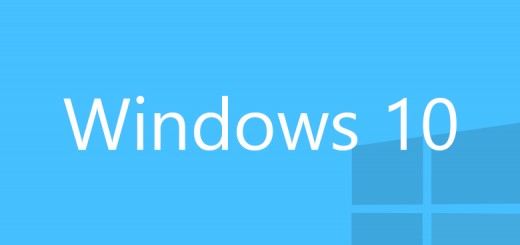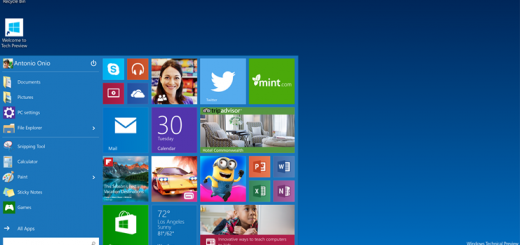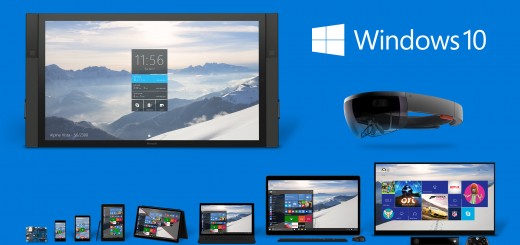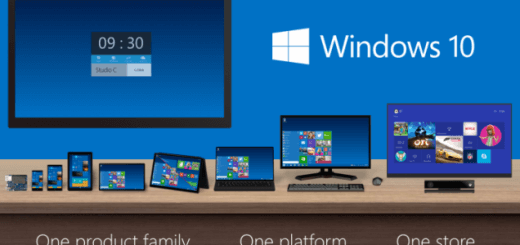Rootkit onslaught to target 64-bit systems

The sudden spike in rootkit infections during the first three months of the year was caused primarily by a single rootkit family that targeted 32-bit Windows systems. However, new rootkits designed for 64-bit systems will likely lead to a rise in this type of attack in the future, researchers from McAfee said in a recently published report.
Rootkits are malware programs designed to hide other malicious applications and activities from users. They typically run inside the OS kernel with the highest possible system privileges, making their removal and detection hard for security products.
The McAfee researchers believe that the decrease in the number of new rootkit samples observed during 2012 and 2013 can be explained through the growing adoption of 64-bit versions of Windows, which provide some defences against such threats, like the PatchGuard kernel patching protection and the digital signature enforcement for drivers.
“These protections have certainly increased the cost to build and deploy rootkits on 64-bit platforms,” the McAfee researchers said.However, with the number of 64-bit systems growing, so is the incentive for attackers to invest in methods of bypassing those defences.
“The roadblocks set in place by 64-bit systems now appear to be mere speed bumps for well-organised attackers, who have already found ways to gain entry at the kernel level,” the McAfee researchers said.
One technique seen in the wild recently involves first installing a digitally signed driver from a legitimate hardware or software developer and then exploiting a known vulnerability in that driver to gain kernel access.
Read more: Techcentral







